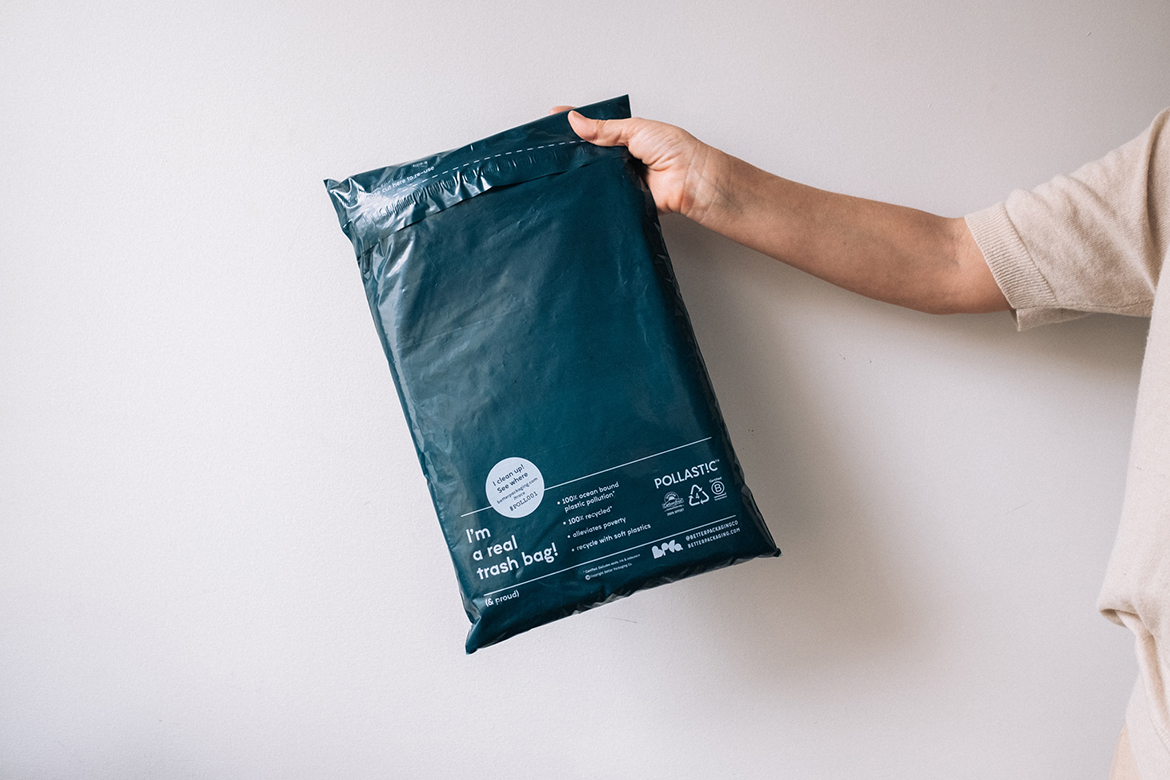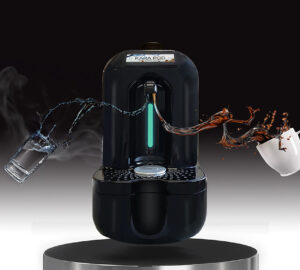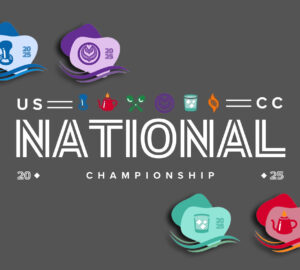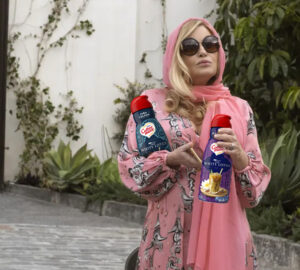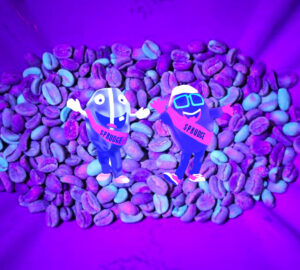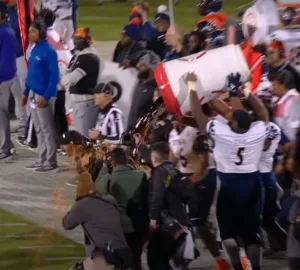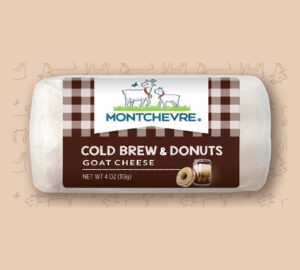Sustainability in coffee shipping materials has become a topic of conversation for eco-conscious coffee roasters the world over. We recently profiled three of coffee companies and how they were approaching the issue. Most involved relying on paper and cardboard and cutting back on plastics as much as possible. Joe Coffee Company in New York is taking a vastly different approach by leaning into plastic use. But not just any plastic. Their new mailers are made of 100% ocean-bound plastics.
Announced last month, Joe has teamed up with Better Packaging Co to create retail coffee mailers out of Pollastic (stylized POLLAST!C), the latter’s proprietary material made out of ocean-bound plastic that has been “collected from coastal communities in Southeast Asia.” The benefits, per Joe Coffee, are two-fold. The regions where the plastics are sourced often lack critical resources and have little in the way of waste management infrastructure. This leads to much of the plastics used in the communities to end up on the beaches, “becoming the source of much of the world’s ocean plastic pollution.” By collecting the plastic refuse, Better Packaging keeps it from ending up in the ocean and “helps lift [those communities] out of poverty” by “paying a fair wage” for them to collect it.
From Joe’s announcement:
We grappled with the question of the sustainability of a recycled plastic product over a paper or compostable product, and you might be wondering the same thing! Ultimately, we believe we can make a more significant impact with this choice. Here’s why: POLLAST!CTM mailers use 75% less CO₂ than a virgin plastic product and 88% less than a virgin compostable bag. They also have a lower carbon footprint than any paper package or recycled product on the market.
Over the course of a year, Joe expects to keep the equivalent of 54,200 single-use plastic bags out of the ocean. And in fact, each mailer will have a code that you can plug into the Better Packaging website to see where exactly the plastics used to make that particular bag were sourced.
It’s an interesting approach to sustainability in shipping materials. Instead of running from plastics, Joe Coffee is seeking out the ones most likely to end up in the ocean. And then once repurposed, it can then be disposed of in a place with the infrastructure to properly handle it. For more information, visit Joe Coffee Company’s official website.
Zac Cadwalader is the managing editor at Sprudge Media Network and a staff writer based in Dallas. Read more Zac Cadwalader on Sprudge.











